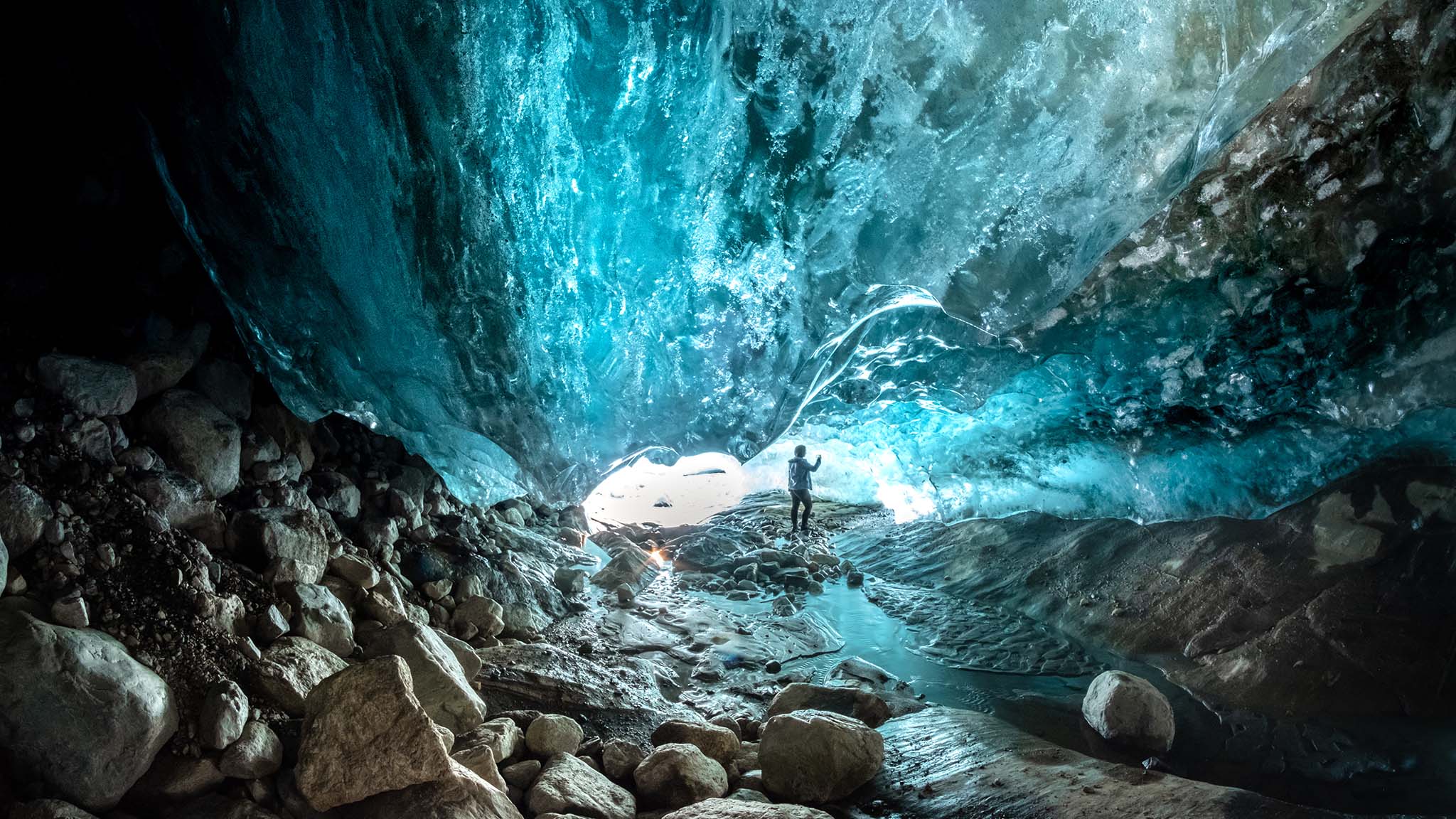Dr Sarah Elisa Kelly is leading our online short course Unravelling Time, which starts on August 24th and runs for six weeks. She will be joined by Ella Saltmarshe, Jay Griffiths, Colin Campbell and Valentin Gerlier to explore eco-perspectives and our relationship with time. To book a place, click here.
A story is a being, a thing which creates, acts and constructs, it works upon us as we carry it within us. Stories are carried through time, passed on through the generations, we relate a story, relaying it over time and carrying it across space. Yet stories also seem to carry time, in the sense that they transport the ideas of one era into another, recreating the past in the present and shaping our possible imaginations of the future.
The stories we have received through our inheritances shape the types of societies we live within, not only culturally but psychologically and somatically, our brains and our bodies are steeped in received narratives and respond to the world accordingly.

It is understood that this singing not only keeps them alive over the passing of time, but also calls the goddess into life; Kawakami Gozen exists in the present, while still residing at home at the river source. Local papermakers regularly ring a bell at a shrine dedicated to Kawakami Gozen, the sound carries so that it might be heard, and on festival nights, the goddess is said to return in spirit form. Singing to Kawakami Gozen is a way of recreating in the present while simultaneously anchoring the singers themselves in the ancestral landscape of the past.
Paper-making songs such as those embedded in traditional Japanese culture also share some similarities with the songspirals of Aboriginal and Torres Strait Islander peoples, indigenous to the islands now known as Australasia. Both encounters with song are ways of being and a doing; they both sing about and create the thing they sing about in the very same breath. Operating outside of strictly linear time, it could be said that these are songs that bridge temporalities, except this would still adhere to the logic of a past and present that could be distinct and separate. Perhaps then, the songs attest to a folding of time, where temporalities operate more like different modalities, slipping into each other on more of a horizontal axis. This is not a Western story of progression in which the past can be somehow a thing we leave behind and the future a place we never have to arrive at. Those kinds of stories have led to a great deal of social and ecological harm and ongoing troubles.
I think of the future as lying ahead of me, and recognise the path I’ve already trodden as the past. Yet, following a reverse axis, the Aymara peoples of the Altiplano regions of South America point behind them when speaking about their future, and indicate in front of them for the past. Their understanding is that the past, which they’ve already lived through, has therefore been seen and so folds out in front of them. The future is unknown and so unseen, and arrives from behind their backs. For Pormpuraaw Aboriginal peoples, the past is always in the east regardless of the orientation of their body. Rather than something to point to behind or in front, it is instead tied to a physical topography and to the rising sun.
These varying approaches to the spatial axis of time each pose genuine questions about the relevance of how to move through the world while receiving and reproducing our lineages of stories. Alternative accounts of directionality, such as those of the Pormpuraaw and Yupno, show that every turn and step might be considered relevant. Crucially, they also point to more than one way to imagine and approach our relationships to the future. Changing just a few degrees the direction of a sail on a boat, may seem too small and subtle to be of importance, but watch a few hundred metres ahead and the boat will have dramatically altered it’s path of direction. (I find it valuable to think of this metaphor, when my small everyday efforts to create change feel “never enough” in the face of such ongoing catastrophe.)
Through alternative stories of time we can begin to recognise that our time, “the time” is itself a narrative. Time is and always has been, a thing of multiplicities. We might then begin to remake and recreate some different stories to carry ahead.
Dr Sarah Elisa Kelly is leading our online short course Unravelling Time, which starts on August 24th and runs for six weeks. She will be joined by Ella Saltmarshe, Jay Griffiths, Colin Campbell and Valentin Gerlier to explore eco-perspectives and our relationship with time. To book a place, click here.
